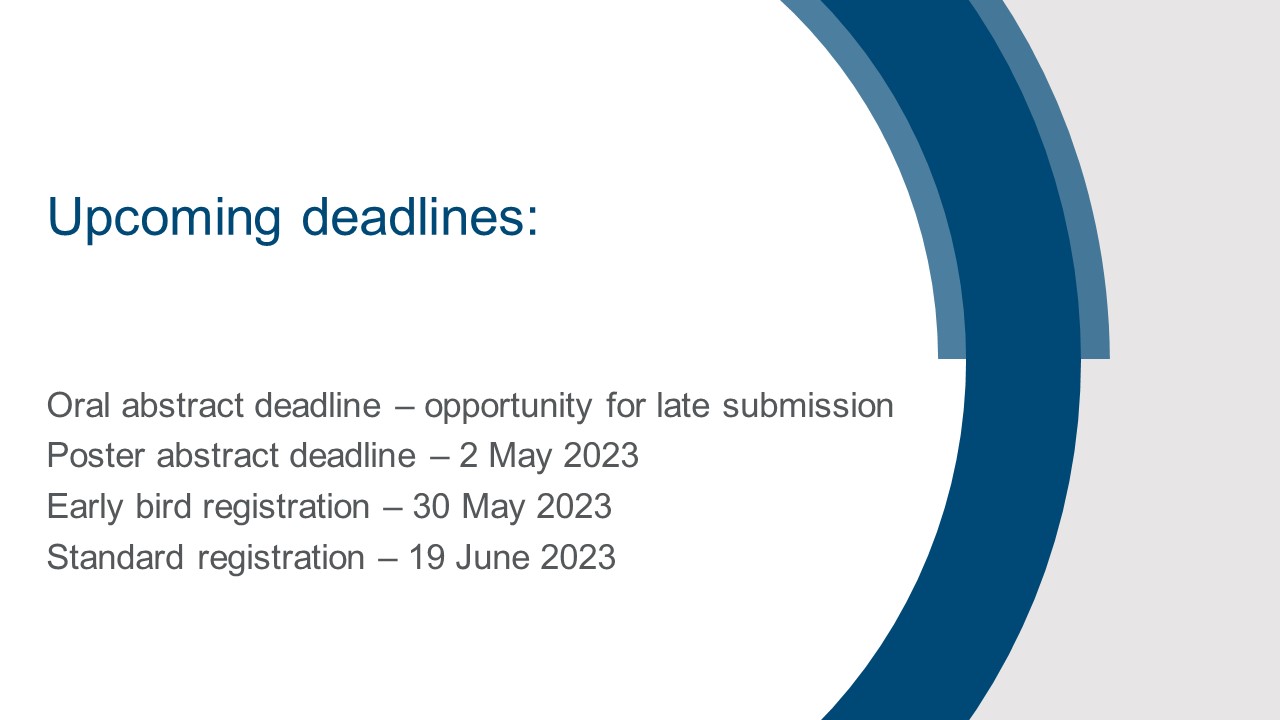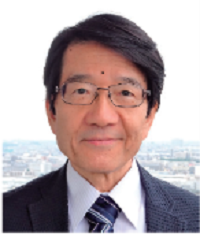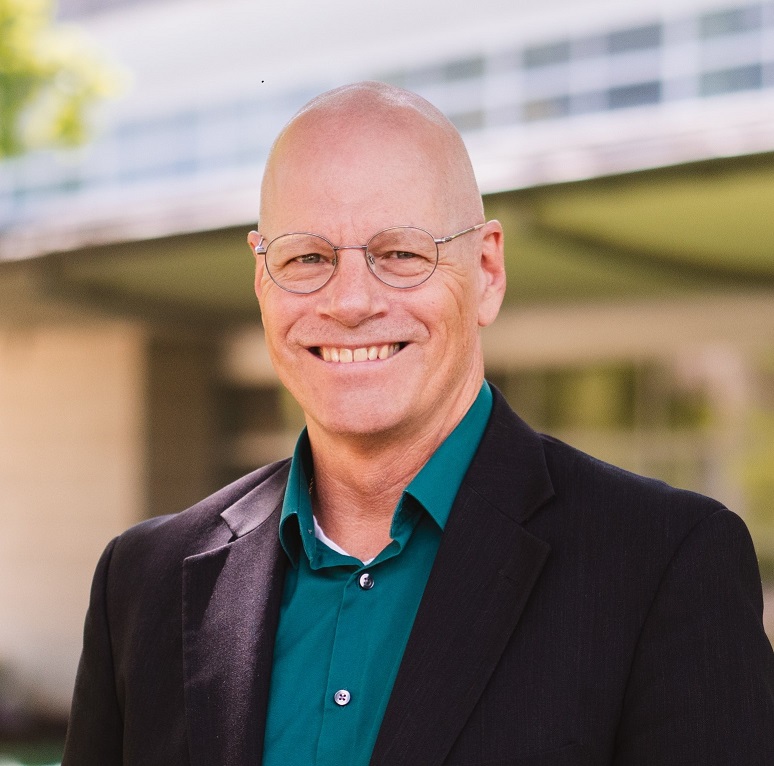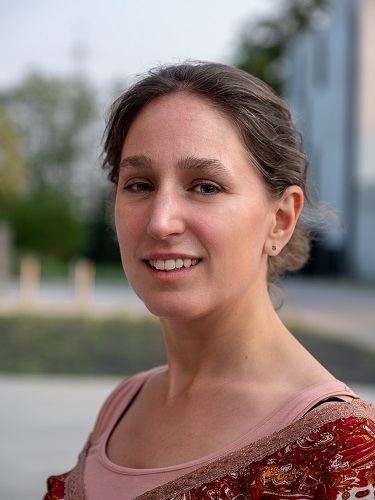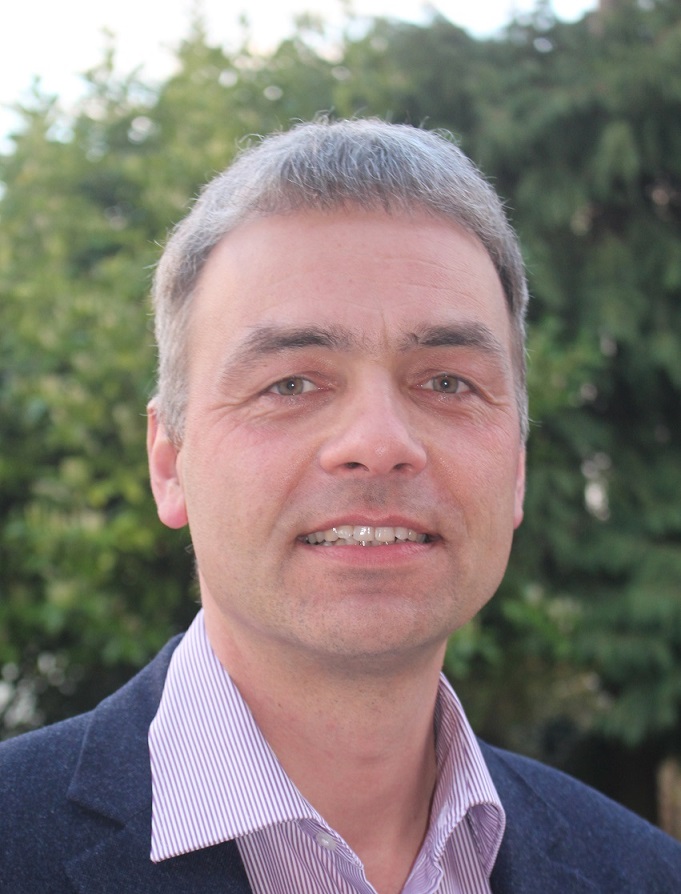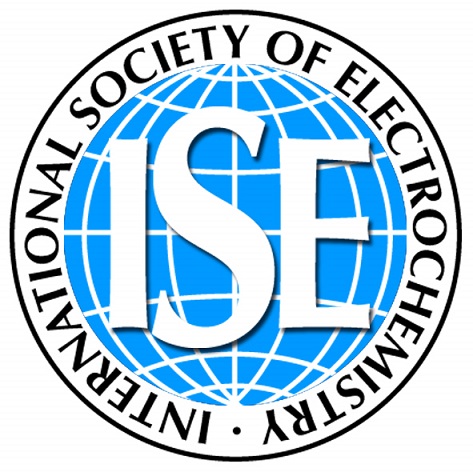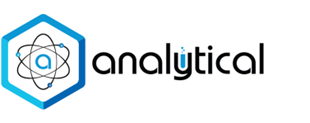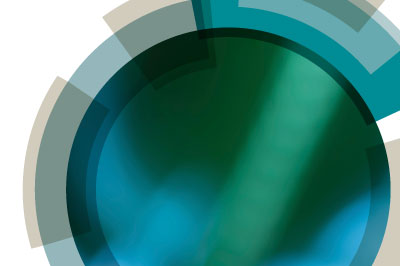Welcome
Join us in Edinburgh, or online, in July 2023 for this addition to our Faraday Discussion series. For over 100 years and 300 meetings, Faraday Discussions have been the forefront of physical chemistry. Many of these Discussions have become landmark meetings in their field.On behalf of our committee, we look forward to welcoming you to Edinburgh.
Shelley Minteer
Organising Committee Chair
Format of the discussion
Faraday Discussions have a special format where primary research papers written by the speakers are distributed to all participants before the meeting, and most of the meeting is devoted to discussing the papers. All delegates at the meeting, not just speakers, have the opportunity to make comments, ask questions, or present complementary or contradictory measurements and calculations during the discussion sessions. In addition, there is a dedicated poster session where further discussion takes place. The research papers and a record of the discussion are published in the journal Faraday Discussions.Find out more about the Faraday Discussions in the video available in the useful links.
Themes
Organic electrosynthesis initially emerged in the field of synthetic chemistry as an intrinsically green method to replace hazardous chemicals by electrons for oxidations and reductions. In recent years it has been shown to offer unique opportunities to increase conversion efficiencies and synthesize new molecules that are not accessible thermochemically or photochemically and not accessible from petroleum. It can also be used to streamline biocatalysis and chemocatalysis in biorefineries, manufacture chemicals from regional- and community-scale quantities of agricultural waste, and in the pharmaceutical and chemical industries to access fine chemicals in a more efficient and sustainable fashion. Nevertheless, many of these efforts remain exploratory as a fundamental understanding of the elementary processes involved in these transformations is still lacking. This meeting will bring together synthetic chemists, physical chemists, material scientists, electrochemists, computational scientists, and engineers to harness the transformative knowledge required to develop this technology.Selective organic electrosynthesis
This session will focus on strategies for improving the selectivity of electrosynthetic reactions including controlling physical and chemical aspects of the electrosynthetic technique.
Interdisciplinary electrosynthesis
This session will focus on the use of polymers, light, and biomimetic to control or promote electrosynthesis.
Understanding and controlling organic electrosynthesis mechanisms
This session will discuss the use of mechanistic studies to learn how to control organic electrosynthesis.
New strategies in organic electrosynthesis
This session will discuss aspects to focus on improving the sustainability of organic electrosynthesis.
Materials for electrosynthesis
This will discuss new catalyst and electrode materials for improving electrosynthesis.
Electrofuels
In this session we will discuss catalyst design for molecular, nanomaterials, and biological catalysts, in-situ and operando techniques for studying the electrode/solution interface, and energy efficiency.
Flow cells and reactor design
In this session we will discuss flow cell design and simulation, development of polymer electrolyte membranes that are tolerant to organic solvents, and understanding the transport limitations of systems.




